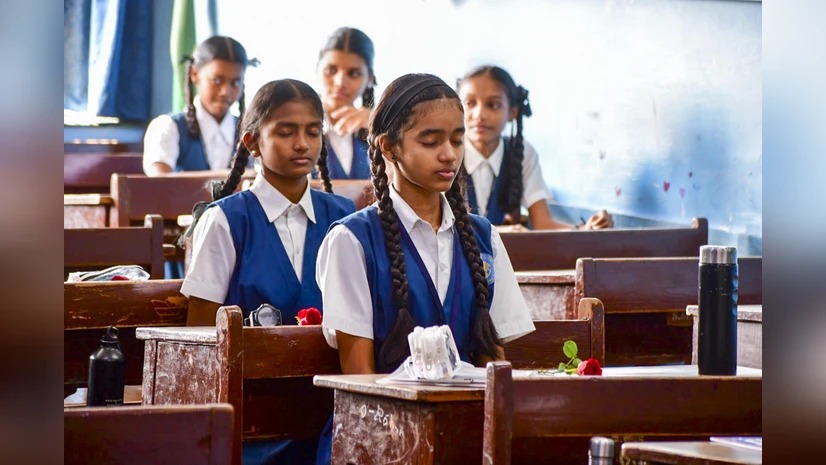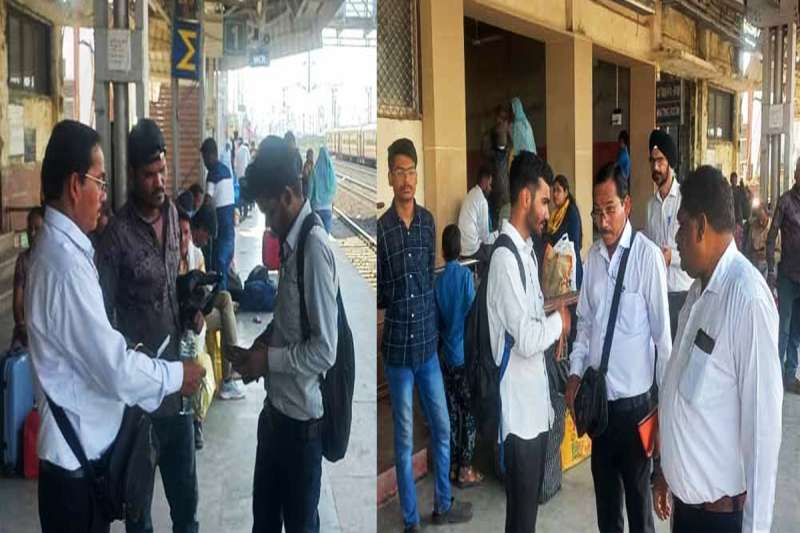Amitava Lala, J.@mdashAn interim order No. 34 dated March 31, 2004 passed by the First Industrial Tribunal is under challenge in this writ petition. Such order was passed allowing the workmen to disclose certain documents while the evidence was on. Following three points were formulated by the-Learned Judge of the First Industrial Tribunal.
1) The petition is belated;
2) Union has failed to disclose as to how the documents were procured and came under its possession;
3) The documents are proposed to be relied in violation of Rule 20(C) of the West Bengal Industrial Distpute Rules.
2. The Tribunal was satisfied with the relevancy of the documents. It had relied upon a judgment reported in Muthu N. v. Executive Director, Bharat Heavy Electrical Ltd. and Ors. 2001 (1) L.L.J. 251 as regards applicability of the Rule 15 of the aforesaid Rules to admit or call for evidence at any stage of the proceeding However, according to the Learned Counsel for the Petitioners/management the ratio of the judgment reported In re. : Excel Frits And Colours Ltd. 2000 (1) L.L.J. 1364 was not considered by the Tribunal.
3. According to me as per Rule 15 of the aforesaid rules Tribunal can call for evidence at any stage of the proceedings before it and in such manner as it may think fit. Call for the evidence does not necessarily mean disclosure of the documents as per Rule 20(C) of the said Rules. It is an independent process. Therefore, an Industrial Tribunal or a Labour Court can extend the scope of disclosure of the documents up to the stage of the evidence. There cannot be any embargo in allowing one person in disclosing certain documents for the purpose of effective adjudication. On the other hand if the evidence is required to be taken by the Tribunal at any stage of the proceedings it will mean till the stage of evidence not afterwords. At any stage of the proceeding does not necessarily mean when the evidence is closed, further documents will be allowed to disclosed. Although discretion of the Industrial Tribunal or the Labour Court to call for evidence existable but such Tribunal or Court in its wisdom will ordinarily restrict the stage unto taking evidence otherwise it will become endless dispute: Rule 20(C) is general principle applies in respect of the inspection of the documents to be disclosed after filing the written statement. That is to be done in respect of the original disclosure. But Tribunal or Court cannot stop any of the parties from disclosing further documents to fulfil natural Justice and audi alterem partem. The only requirement for the Tribunal or Court is that in case of further disclosure a scope of further inspection will be given following such principle but it has to be computed during the course of evidence not after closing of the Evidence. The ratio of the judgment reported in In re. : Excel Frits And Colours Ltd. Supra is applicable to the party who did not able to prove the documents as those were not in possession earlier. Here by virtue of the submission of the Petitioner company it is clear that the documents were in their possession previously. Therefore, such ratio cannot be accepted by the Court in other words factually distinguishable. So far as the question of procurement of documents and production before the Court is concerned now is well settled. The Court can look into any of the documents no manner in what way it has been procured. Therefore, if any doubt in respect of such procurement is shown and established either of the parties against the other, then the Court can be able to come to an appropriate decision in respect of the custody of the same but for the parties not for the Court.
4. Therefore, in this case when the tribunal found relevancy of the documents in respect of the determination of the case it cannot be stopped from looking into it. Hence I cannot pass any affirmative order in favour of the Petitioner company but I shall hope and trust that Tribunal will deal with the respective judgments to be cited before it in proper manner so that there should not be any difficulty of understanding by either of the parties and unnecessarily the Writ Court be overburdened. However, since I am not proposing any order to be passed affirmatively in favour of the Petitioner and the only question of law involved hereunder the writ petition stands dismissed upon treating the same as on day''s list as "For Orders".
5. Since no affidavit has been filed by the Respondent no allegation is deemed to be admitted.
6. No order is passed as to costs. This order will be properly complied with by the Tribunal even as regards inspection or other incidental questions in connection thereto for the purpose of effective adjudication.
Let xeroxed certified copy of this judgment be supplied to the parties by the department within seven days from the date of putting in requisition for drawing up and completion of the order as well as the Certified Copy thereof.

